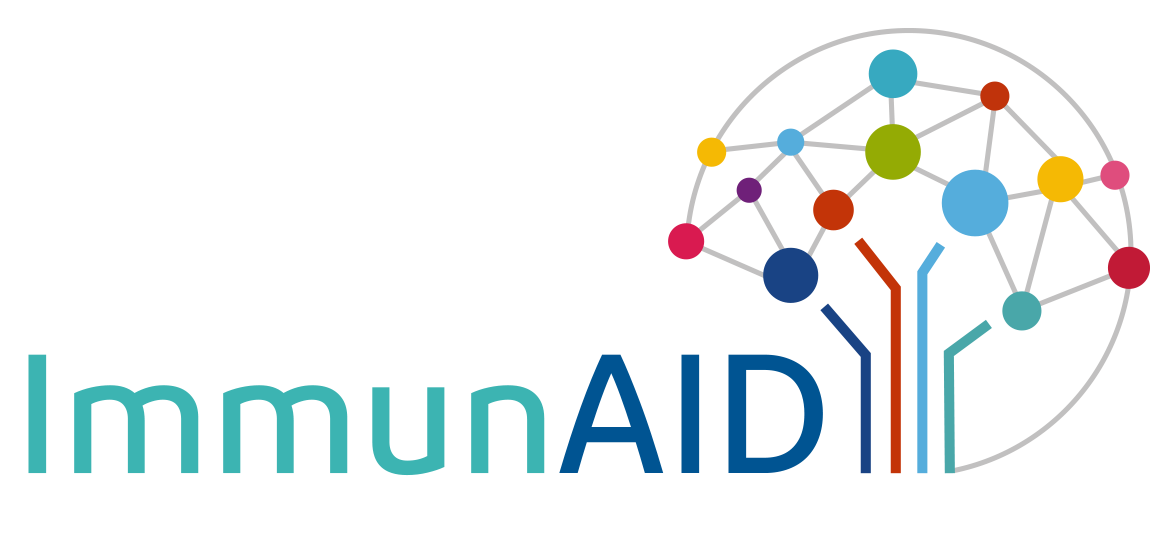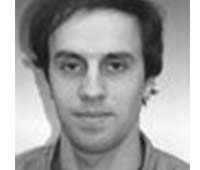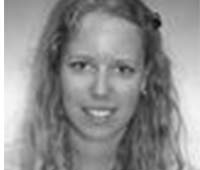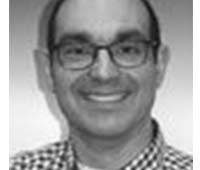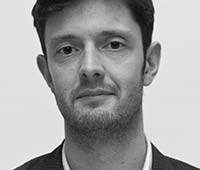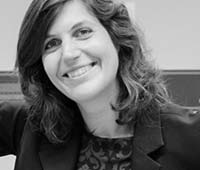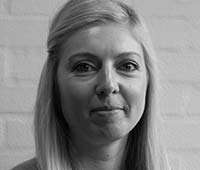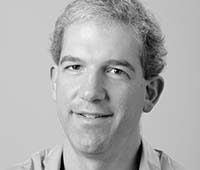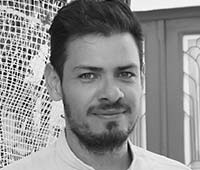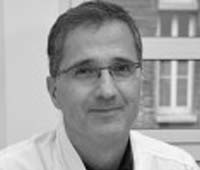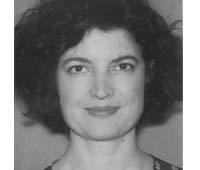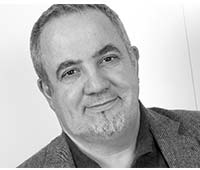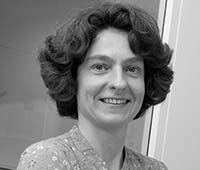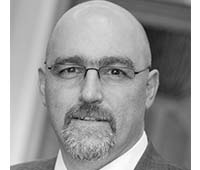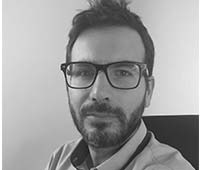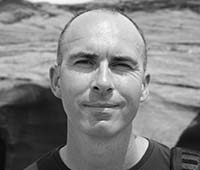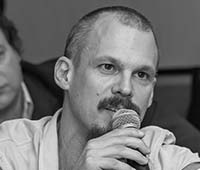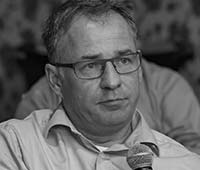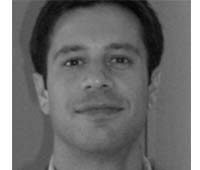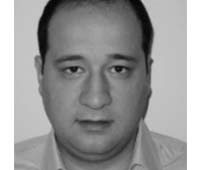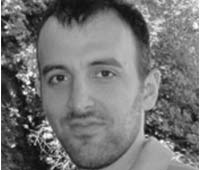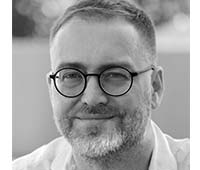Consortium presentation
The ImmunAID consortium (Immunome project consortium for AutoInflammatory Disorders), coordinated by INSERM, is composed of 25 partners in 12 countries and includes clinical centres and academic research laboratories but also patients representatives and SMEs as well as ECRIN.
Project Management Team (PMT)
The project management team is supporting the coordinator for the whole coordination and management of the consortium but also the communication on the project and dissemination of the results.
Members:
Vassili Soumelis (Coordinator of the consortium)
Arturo Hernandez-Cervantes (Project manager of the consortium)
| Bruno Fautrel | 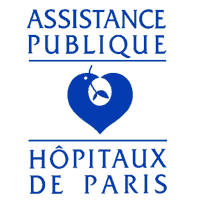 |
||
| Emna Chabaane |
| Fredéric Peyrane | 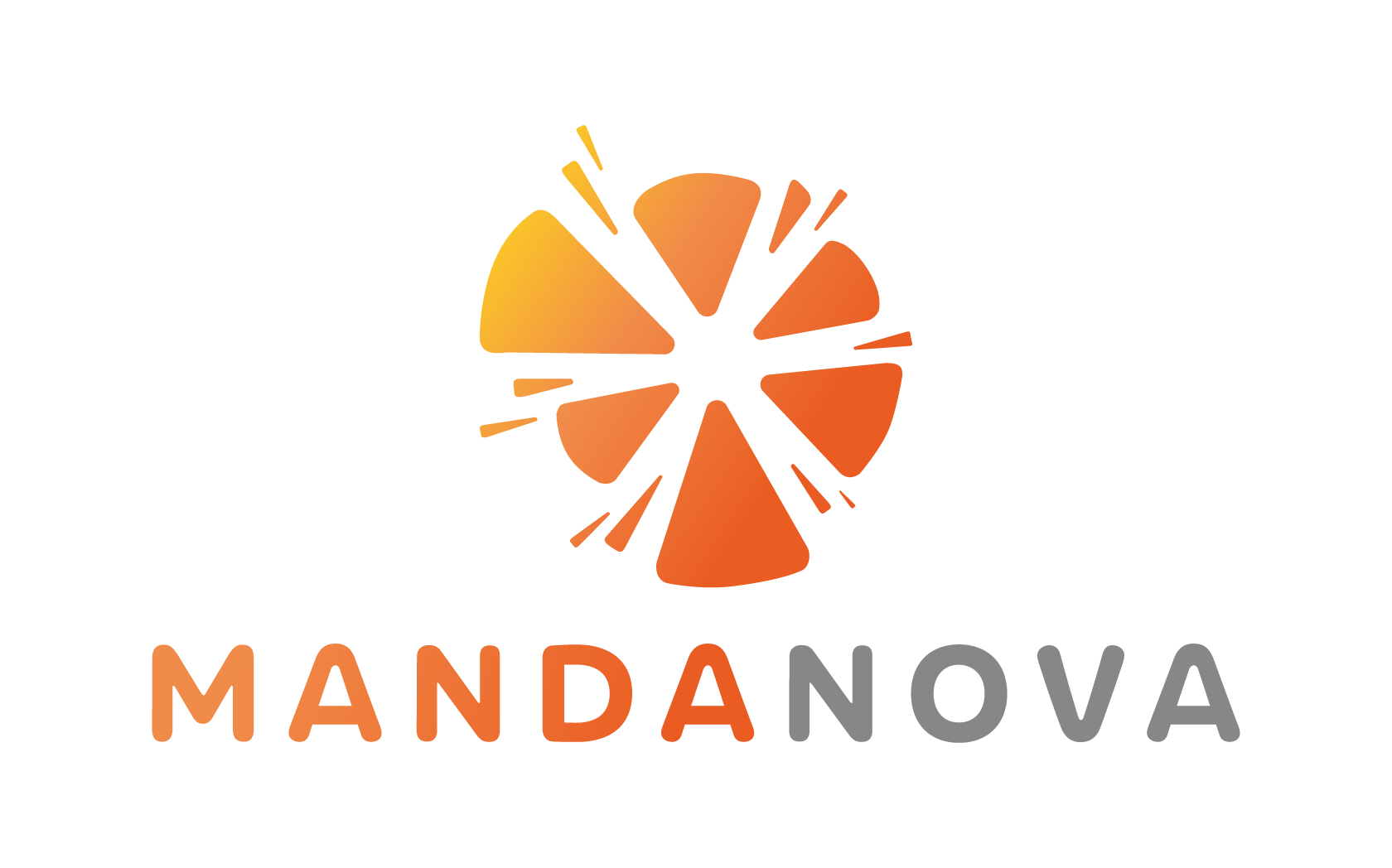 |
Project Information ImmunAID | Grant agreement number: 779295
Start date: 1 Mai 2018 | End date: 31 Octobre 2024 Funded under: H2020-EU.3.1.1.
Total budget: € 15 835 851,25 | Contribution de l’UE: € 15 835 851,25
Coordinated by: INSTITUT NATIONAL DE LA SANTE ET DE LA RECHERCHE MEDICALE FRANCE
